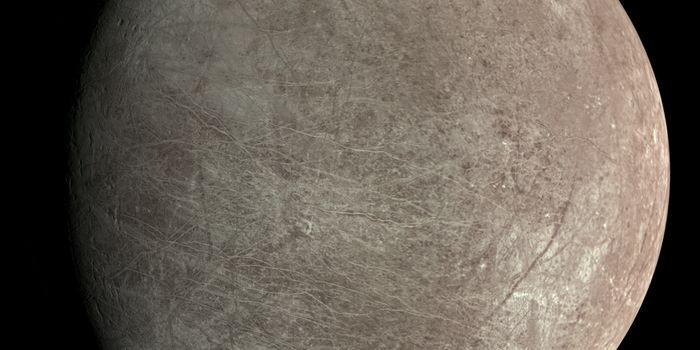Opinion: Renaming Earth's Moon to 'Luna'
I’m going to get right to it: “Earth’s Moon” or simply “The Moon” isn’t a real name, and it’s high time we give it something better. That name is Luna, which literally translates to “Moon”. Since we love taking our queues from science fiction, let’s note that sci-fi shows like Star Trek and The Expanse also call it Luna. Now, let me explain why the International Astronomical Union (yes, the same organization that demoted Pluto) should vote to officially call it Luna.
There are more than 200 moons in our solar system alone, and each one of them has a real—more tangible—name, and ours deserves one too. Continuing to call it simply “the Moon” is just awkward at this point. First off, its existence is why we can keep on living normal lives as we move through our sometimes-monotonous daily routines. This is because Luna’s gravitational pull moderates the Earth’s wobble on its axis, leading to the (mostly) stable climate we live in.
Second, while I know we last walked on it over 50 years ago, we’re going back soon! The upcoming NASA Artemis missions are slated to land the first woman and person of color on Luna’s surface while using innovative technologies to explore Luna’s surface like never before. These technologies are currently being developed by both commercial and international partners, to include Blue Origin, Dynetics, and SpaceX. Someday soon, average people will be living and working there, so why not kickstart this new era in human space exploration by calling it Luna? Hundreds of years from now, would you rather say you’re attending the University of Neil Armstrong on the Moon, or the University of Neil Armstrong, Luna? You could even change it up to Luna University of Neil Armstrong and you get the acronym LUNA! I’m not sure about the rest of you but giving it a name beyond its classification seems fitting when I look toward the future.
While our nearest planetary body is rightfully called “the Moon”, I’m humbly calling it Luna, and I will proudly die on this hill of lunar regolith.
As always, keep doing science & keep looking up!
Sources: Star Trek Wiki, The Expanse Wiki, NASA Solar System Exploration, NASA Solar System Exploration, NASA








